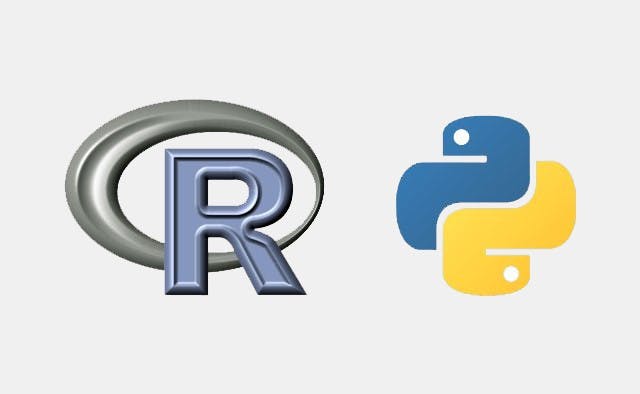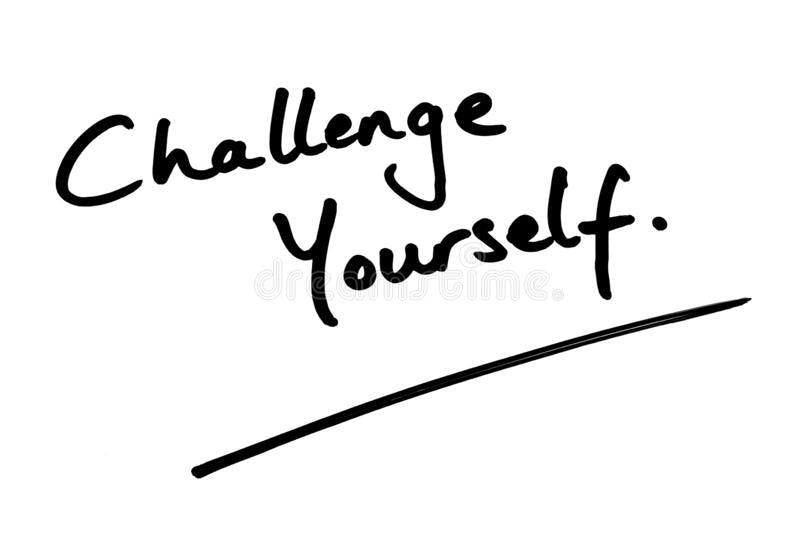Here's a learning guide for people interested in exploring the field of Machine Learning.
The ideal path for you to begin your machine learning path:
- Learn Programming in Python or R Programming is essential when beginning your machine learning career. Python and R are primarily used because they have libraries that support data loading, visualization, statistics, natural language processing, image processing, and many more. This gives data scientists/Machine Learning engineers a general and special purpose functionality, giving them ease when it comes to building applications.
- Learn Basic Statistics Getting familiar with terms in statistics will help in understanding data and its predictions better. Take time to go through terms such as Mean, Median, Mode, outliers, etc. I recommend this article when it comes to the second phase.
- Start projects as soon as you can Projects help in getting exposed to different Problems and different types of data. Kaggle and Zindi provide good datasets and problems that you can play around with. The good thing about Kaggle is that there are written tutorials on past competitions - reading another person's code is equally beneficial. Participating in live competitions will also help with the learning process. Here's a link to beginner projects you can try out on Kaggle: Projects for Beginner | Data Science and Machine Learning.
- Take notes on what algorithms and packages others use. Understanding algorithms helps in knowing which algorithm is best suited for a problem. Here is a suitable link for this: Commonly used Machine Learning Algorithms (with Python and R Codes)
- Learn Source code for the algorithms and try to implement them from scratch Implementing algorithms helps you understand how the algorithms work and the math associated with them. This will also help you know which algorithm is suited when working with different data set.
- Work on more advanced projects Challenge yourself to do more advanced projects within your community from scratch.
- Join Online communities and People on Social Media platforms Joining online communities like AI Kenya will help in building knowledge in the AI field. The community also posts awesome videos on their YouTube channel on approaching machine Learning projects and also hosts local hackathons. Here are a few Telegram channels you can join for books/resources in Machine Learning:

Here's a link to a project you can try out on Zindi: Busara Mental Health Prediction Challenge

- Machine Learning
- Visualizations of different concepts in Machine Learning
- Machine Learning Books
Here is also a link to a regular podcast channel: DataTalks.Club
Lastly, remember to build connections with people who are familiar with the field.
This article was written by Joy Lidah Wawira

You can also find a webinar on "oh, please!! Its just machine learning" by Joy here
